37 Weeks pregnant: Baby Size, Symptoms, What to Eat, Pregnancy Tips
Third Trimester
Your baby is now the size of lettuce.
Baby Grows
Highlights
Labor approaching
You could go into labor at any time – though most women give birth in the two weeks before and after their estimated due dare. You’ll know you’re in labor when your contractions are getting stronger, longer, and more frequent.
Cervix check
Your doctor or midwife may check your cervix to see how much it has effaced (softened and thinned) and dilated (opened). Dilation and effacement may not start until you go into labor, or it may gradually occur over several days or weeks toward the end of your pregnancy.
Almost to the finish line
You’re getting close now, but doctors don’t consider your baby “full term”until 39 weeks. Spending the next two weeks in the womb allows your baby’s brain, lungs, and nervous system to fully mature.
37 weeks is how many months?
You’re in your ninth month!
Your Baby’s Development
Week 37
Baby’s Growth
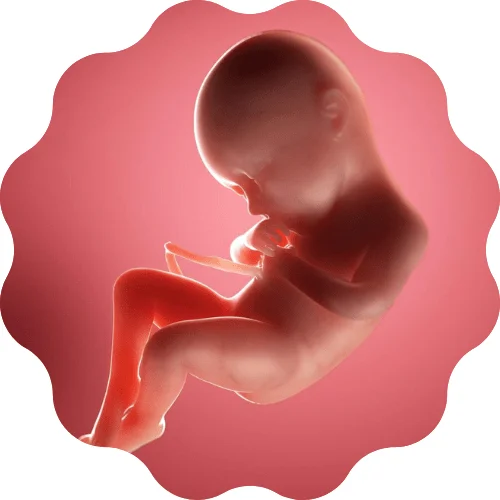
How Big is Your Baby?
Your baby's hair Many babies have a full head of hair at birth, with locks from 1/2 inch to 1 1/2 inches long. Of course, some babies sport only peach fuzz.
Don't be surprised if your baby's hair isn't the same color as yours. Also, it may fall out within the first six months and grow back a different color and texture! Your baby's eyes You may not see your baby's true eye color at birth.
Some babies are born with their final eye color, but other newborns have dark blue or slate-gray eyes that gradually change to blue, green, hazel, or brown over the first year.
Gaining weight Your baby is continuing to put on weight, and the added fat is smoothing out their skin. A padding of fat will help keep them warm after birth.

Weight
2.8 kg

Length
49 cm

size of lettuce
Mother’s Changing Body

What to Expect?
Practice contractions Braxton Hicks contractions – the intermittent uterine contractions that you may feel throughout pregnancy – may be happening more frequently now.
As you approach delivery, Braxton Hicks may last longer and become more uncomfortable (although if they're truly painful, that's a sign they might be the real deal). Braxton Hicks often strike when you're dehydrated, when you've been active, or when you have a full bladder. There's a silver lining to more frequent Braxton Hicks, or "practice contractions."
Unlike contractions that happened earlier in pregnancy, Braxton Hicks in late pregnancy may help your cervix dilate and efface. This could make the main event progress more quickly. It can sometimes be difficult to tell the difference between Braxton Hicks and true contractions.
Usually, Braxton Hicks aren't painful, and they come at irregular intervals. They go away if you change positions or rest. True labor is more intense. Contractions usually start in your back and move toward the front of the belly, as opposed to Braxton Hicks, which start in the front.
True contractions come at regular intervals, even if you move around or rest. They become more intense and closer together with time. Once you're having true contractions, you may wonder when it's time to go to the hospital or birth center.
If your pregnancy is uncomplicated, your doctor or midwife will probably have you wait to come in until you've been having contractions that last for about a minute each, occur every five minutes for about an hour, and are very uncomfortable.Good to know!
Pregnancy Symptoms
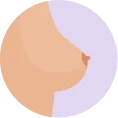
Breasts leaking
That means you may notice leaking breasts during the last few weeks of your pregnancy. This can happen any time, but it's more common when your nipples are stimulated, say if you're exercising or having sex.
Vaginal discharge or spotting
You might notice an increase in vaginal discharge by 37 weeks, and it may be clear, pink, or even slightly bloody. You may see your mucus plug, the thick clump of mucus in your cervical canal that prevented bacteria from getting into your uterus during pregnancy. Once you're getting close to labor, or in labor, the mucus plug could come out gradually or all at once.
Feeling movement
Keep monitoring your baby's kicks, and let your provider know immediately if you notice a decrease. Though your baby's quarters are getting cozy, they should still be as active as before. Since they're getting stronger, their movements might become more noticeable, or even painful.
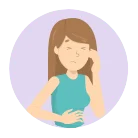
Gas and bloating
Now that you're 37 weeks pregnant, your baby is crowding your stomach, intestines, and other organs. That can lead to a host of symptoms including gas, bloating, constipation, and indigestion.
Lower back pain
More than 60 percent of pregnant women have lower back pain. Especially at this point in pregnancy, it can be very painful.
Your baby form
Pregnancy Tips

- It can sometimes be difficult to tell the difference between Braxton Hicks and true contractions. Usually, Braxton Hicks aren't painful, and they come at irregular intervals. They go away if you change positions or rest. True labor is more intense. Contractions usually start in your back and move toward the front of the belly, as opposed to Braxton Hicks, which start in the front. True contractions come at regular intervals, even if you move around or rest. They become more intense and closer together with time.
- If your leaky breasts are bothering you or leaving marks, slip nursing pads into your bra to absorb the liquid.
- If you have heavier spotting or bleeding or foul-smelling discharge, call your doctor or midwife right away.
- Most of the time, you'll feel movement throughout the day. But if your abdomen suddenly seems too quiet and peaceful, pay close attention and count your baby's movements. If you don't notice 10 distinct movements in two hours, call your provider. Decreased movement can be a sign of distress, and it's always better to err on the side of caution.
- To keep gas and bloating at bay, eat smaller meals and don't drink too much in one sitting. After eating, go for a gentle walk to get your digestion moving. If you notice certain foods (like beans or broccoli) trigger your gas, avoid those for now.
Although it may seem counterintuitive, exercise can help with lower back pain. Swimming is a particularly great workout during the last few weeks. The water takes pressure off your bones and joints, including that aching back. Pelvic tilts can also help a sore back.
Another relaxing remedy? A prenatal massage to loosen sore muscles. Treating yourself to an afternoon of self-care before your baby arrives is time well spent.


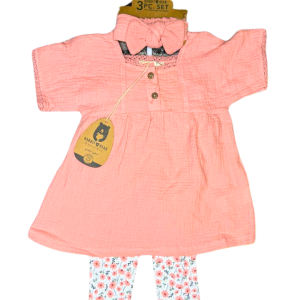



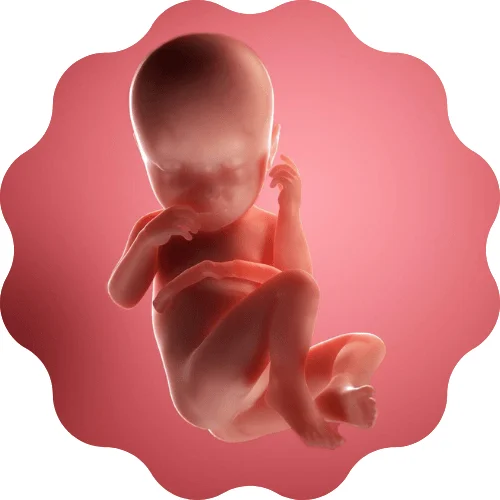
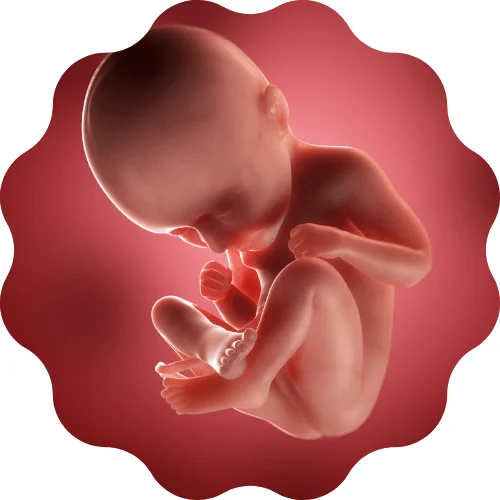


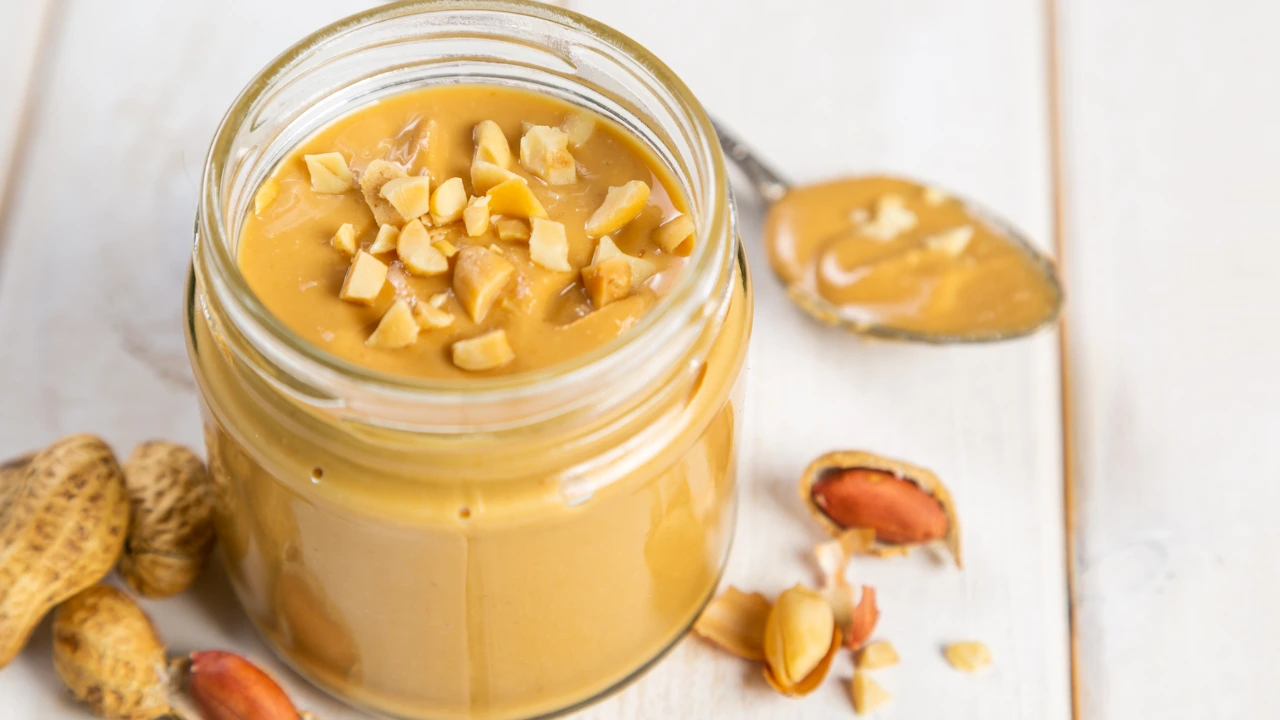



Add a Comment